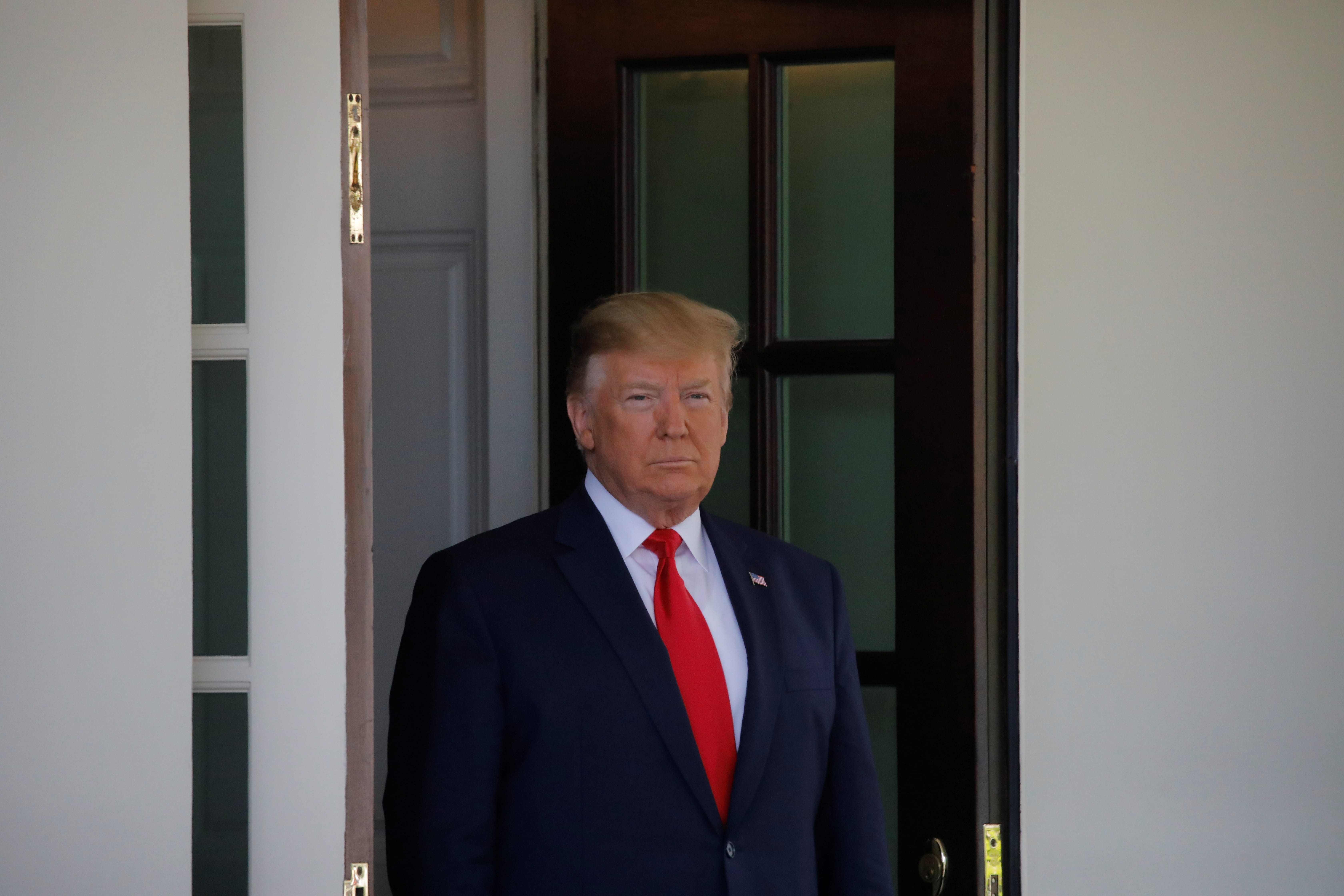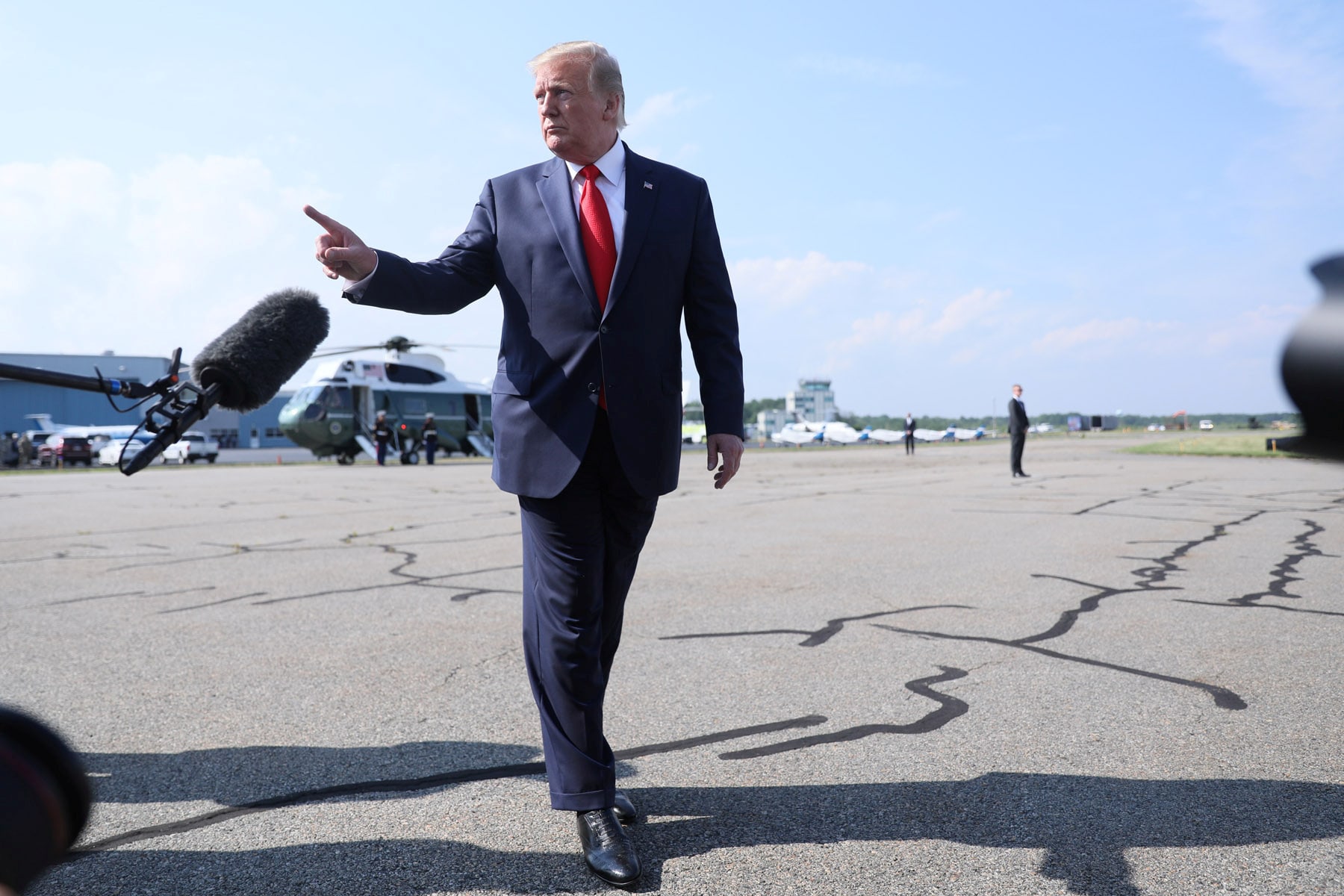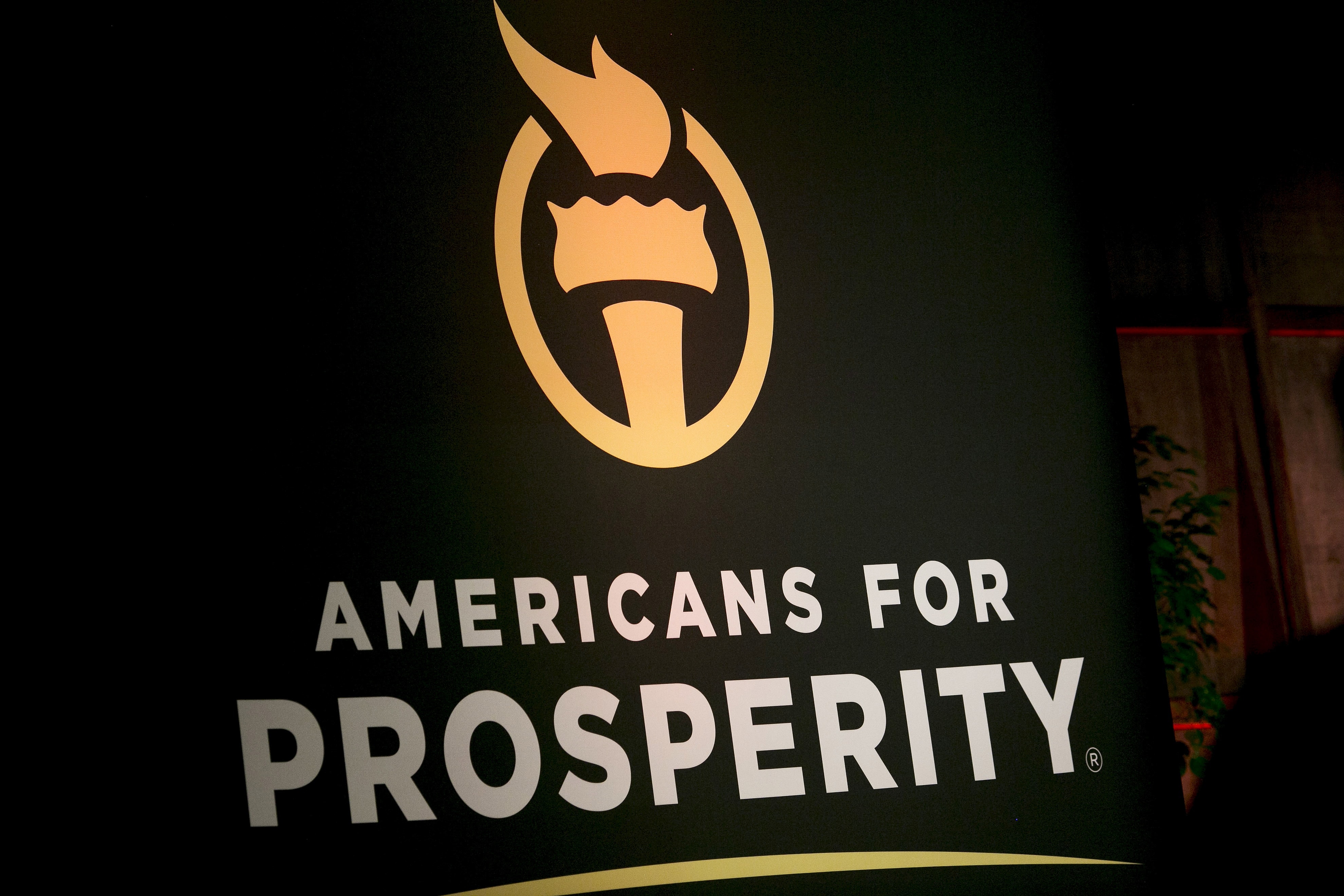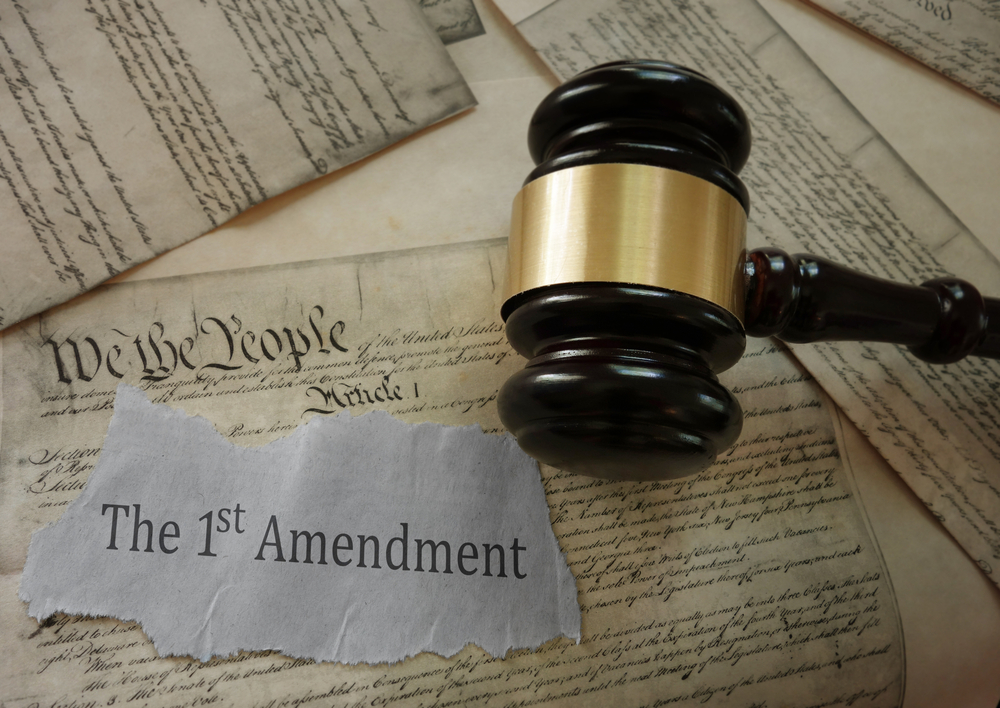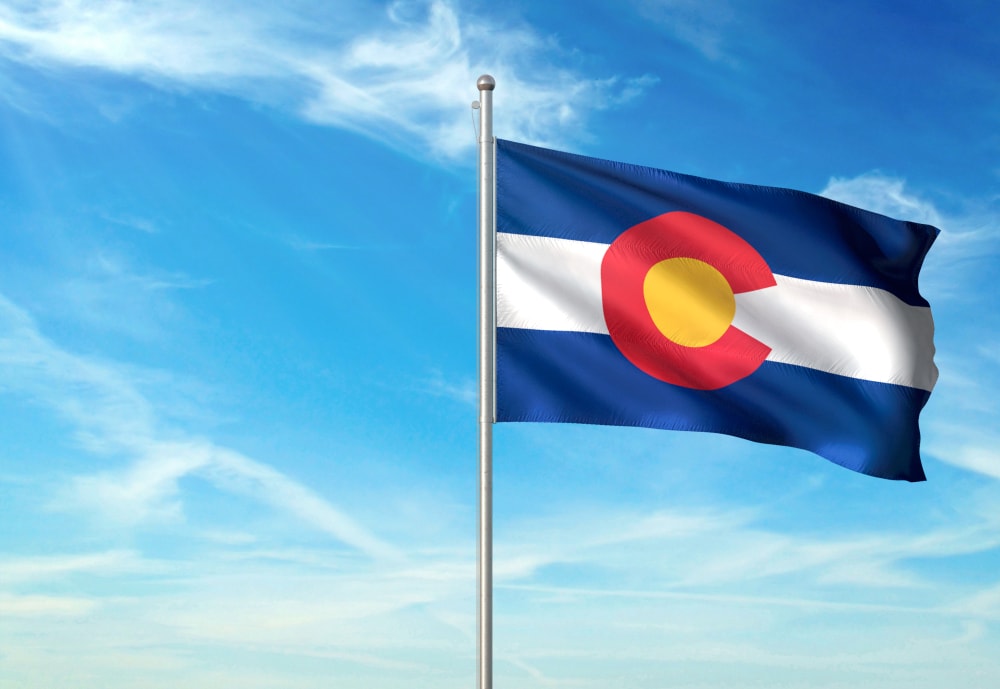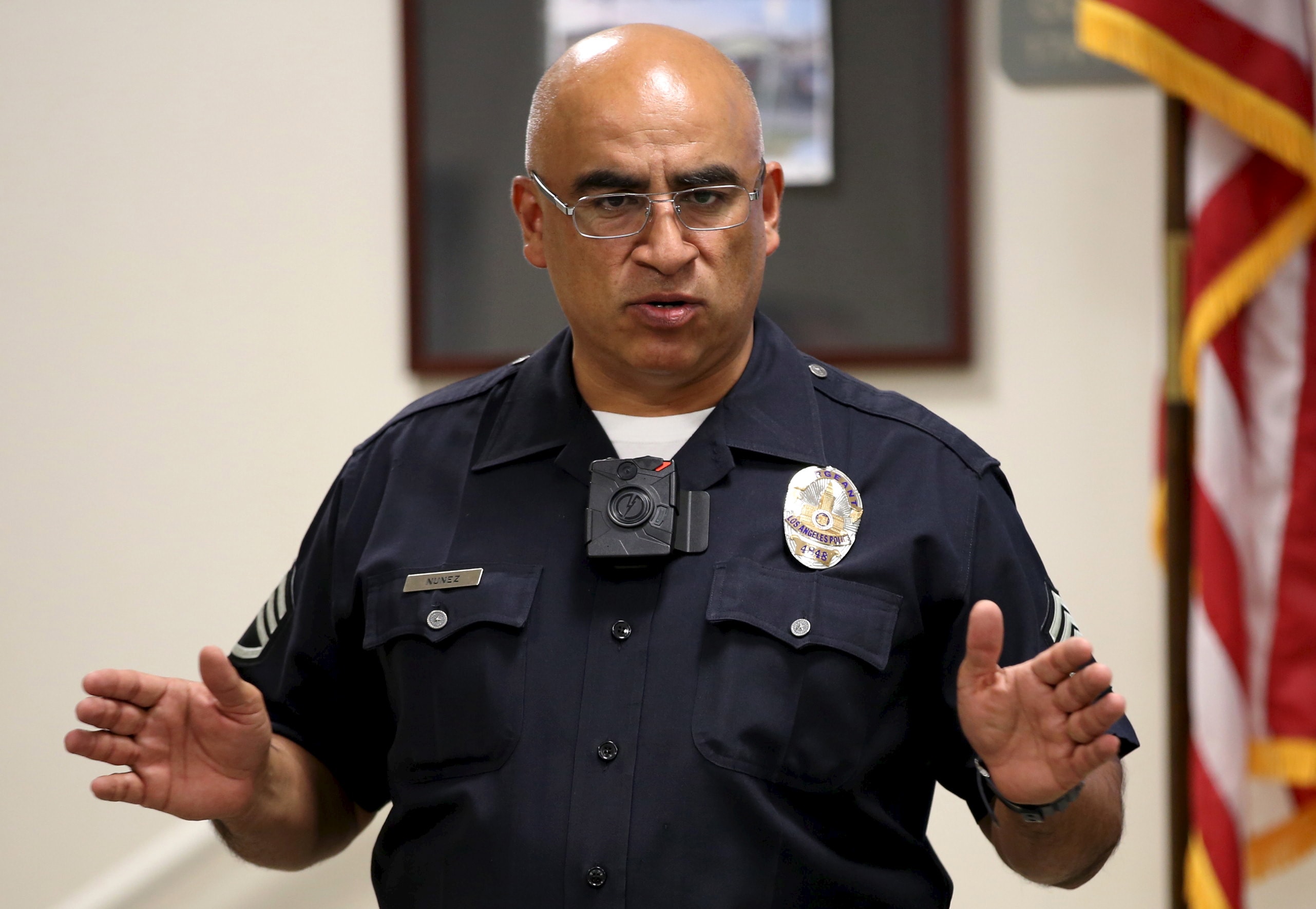Federal Judge Finds Neo Nazi Publisher “Acted with Actual Malice”
A federal magistrate judge in Montana found that Andrew Anglin, publisher of Daily Stormer, a white nationalist website, “acted with actual malice” when he shared a Jewish woman’s contact information and instructed his readers to target her.
Reprinted with Permission from Ballard Spahr The U.S. Court of Appeals for the Second Circuit yesterday became the third federal circuit court to hold that the interactive space of a […]
Laura Loomer Sues Facebook for Defamation, Requesting More Than $3 Billion in Punitive Damages
Laura Loomer, an Internet personality known for her anti-Muslim rhetoric, is suing Facebook for defamation after the company banned her and other “dangerous individuals” from the platform in May 2019. […]
Federal Appeals Court Affirms Lower Court Ruling That Trump Can’t Block Critics on Twitter
A federal appeals court ruled that President Trump’s Twitter account is a public forum, and his practice of blocking critics violates the First Amendment. The decision arose from a July 2017 suit filed in U. S District Court for the Southern District of New York by seven Twitter users who had been blocked after they made critical remarks about Trump and/or his policies. The critics, represented by Knight First Amendment Institute at Columbia University, sued Trump and Daniel Scavino, the White House’s Director of Social Media, for violating their First Amendment rights.
Advocacy Group Sues New Jersey Officials Over New Law They Allege Violates The First Amendment
The New Jersey Attorney General and three state election enforcement officials are being sued by Americans for Prosperity (AFP), over allegations that a new state law imposing disclosure requirements on […]
Americans are Becoming More Aware of Their First Amendment Rights
Americans are becoming increasingly aware of their rights under the First Amendment, according to the 2019 State of the First Amendment survey released by the Freedom Forum Institute. The survey found that 71 percent of respondents were able to name at least one First Amendment right, compared to just 51 percent of respondents in the 2018 survey. Freedom of speech (64 percent) was the most commonly recalled right guaranteed by the First Amendment. Next was freedom of religion (29 percent), freedom of the press (22 percent) and right of assembly (12 percent). At just four percent, the right to petition was the least likely of the five freedoms to be recalled.
Colorado State Appeals Court Dismisses Libel Suit Against Environmental Activist
A Colorado state appeals court dismissed a libel suit brought by a Texas oil and gas exploration firm against a Colorado environmental activist, saying the lawsuit was intended to suppress […]
South Carolina Supreme Court Overturns Order That Barred Disclosure of Police Body-Camera Footage
Breaking News Update South Carolina Supreme Court Chief Justice Donald Beatty vacated the order that would have prohibited lawyers from sharing police body-camera footage. The judge objected to the administrative […]

